Barcelona is the capital of Catalonia, a region in the northeastern part of Spain with its own distinct culture, history, and language. Catalan, which is spoken by a majority of people in Catalonia, is a Romance language with its own unique vocabulary, grammar, and pronunciation. While many people in Barcelona also speak Spanish, Catalan is the primary language used in the region and it’s a good idea to learn a few phrases to show respect for the local culture and to make your visit more enjoyable. So, without further ado, here are ten essential Catalan phrases to learn while visiting Barcelona (complete with fun explanations and helpful examples):
Hola: "Hello"
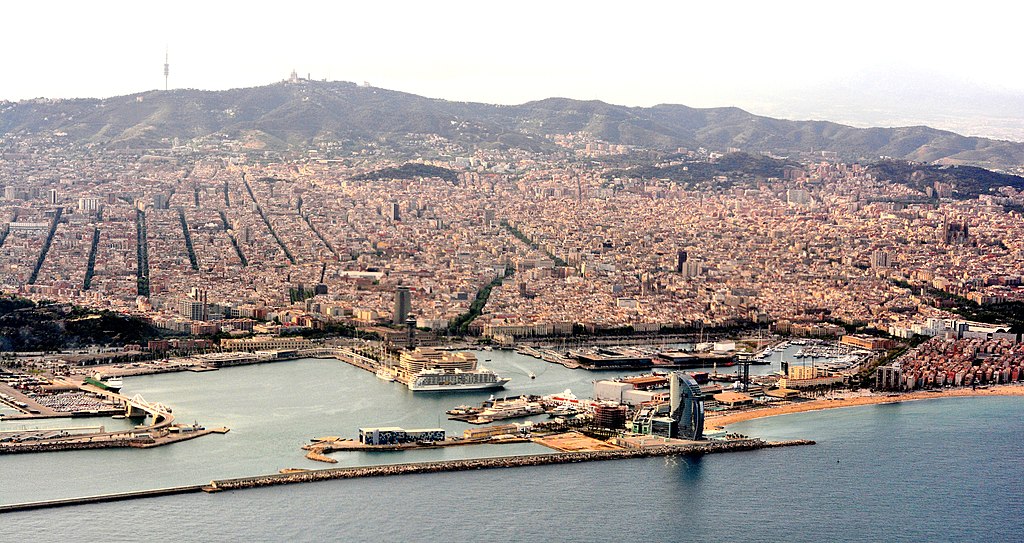
This is the most basic greeting in Catalan, and it’s a great way to start a conversation with locals. Use it when you meet someone new, or just when you pass someone on the street and want to be friendly. For example: “Hola, ¿com estàs?” (Hello, how are you?)
¿Com estàs?: "How are you?"
This is a friendly way to ask someone how they are doing in Catalan. You can use it to strike up a conversation with a stranger, or to show concern for a friend. For example: “¿Com estàs, amic? Has estat molt ocupat ultimament.” (How are you, friend? You’ve been very busy lately.)
Molt de gust: "Nice to meet you"
Use this phrase to introduce yourself to someone new or to say “Nice to meet you” after being introduced in Catalan. It’s a polite and formal way to greet someone, and it’s a great ice breaker when meeting someone for the first time. For example: “Hola, em dic Maria. Molt de gust de conèixer-te.” (Hi, my name is Maria. Nice to meet you.)
¿Parlaves anglès?: "Do you speak English?"
Not everyone in Barcelona speaks English, so it’s helpful to know how to ask if someone speaks English in Catalan. This can come in handy when you’re lost, trying to order food, or just want to make small talk with a friendly local. For example: “Perdona, ¿parlaves anglès? No entenc el que estàs dient.” (Excuse me, do you speak English? I don’t understand what you’re saying.)
¿On és el lavabo?: "Where is the bathroom?"
This is an essential phrase to know, especially when you are out and about in the city. Trust us, you don’t want to be caught in a situation where you can’t find a bathroom when you really need one. For example: “¡Perdona, si us plau! ¿On és el lavabo més proper?” (Excuse me, please! Where is the nearest bathroom?)
Si us plau: "Please"
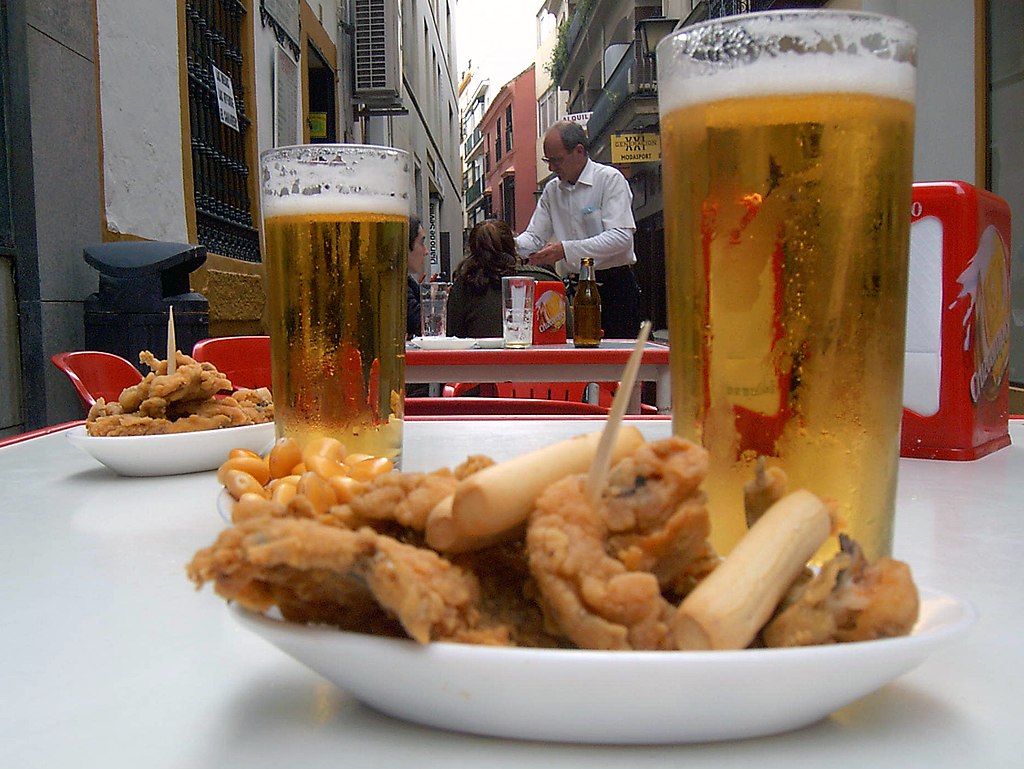
Use this phrase to show politeness and make your requests more gracious in Catalan. It’s a small but important way to show respect and kindness towards others. For example: “Si us plau, ¿podries portar-me una cervesa?” (Please, could you bring me a beer?)
Gràcies: "Thank you"
Use this phrase to show appreciation and gratitude in Catalan. It’s always nice to express thanks to others, and it can go a long way in building positive relationships. And hey, who doesn’t love to be appreciated? For example: “Gràcies per la cervesa! Està deliciosa.” (Thank you for the beer! It’s delicious.)
Ho sento: "I'm sorry"
Use this phrase to apologize for any mistakes or misunderstandings in Catalan. It’s always good to be able to say sorry, whether you accidentally bump into someone on the crowded streets of Barcelona or you accidentally spill your sangria all over someone’s new shirt. For example: “Ho sento molt, no vaig veure que tenies una cervesa a la mà. ¿Puc comprar-te una altra?” (I’m really sorry, I didn’t see that you had a beer in your hand. Can I buy you another one?)
¿Quin preu té?: "How much does it cost?"
Use this phrase to ask the price of something you want to buy in Catalan. It’s always good to know how much things cost so you can budget accordingly, and this phrase can come in handy when shopping for souvenirs or trying to negotiate a price. For example: “¿Quin preu té aquesta samarreta? És tan bonica!” (How much does this shirt cost? It’s so pretty!)
Learning a few Catalan phrases is a small but meaningful way to show respect for the local culture and to enhance your visit to Barcelona. With these phrases under your belt, you’ll be able to communicate with locals and fully immerse yourself in the rich and vibrant culture of Catalonia. Don’t be afraid to practice your pronunciation and to make mistakes – most locals will appreciate your effort to learn their language. Bon viatge! (Have a good trip!)
Here are some other posts you might enjoy:

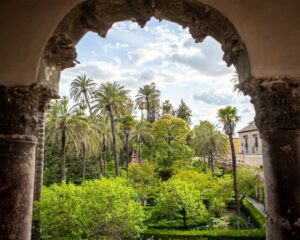



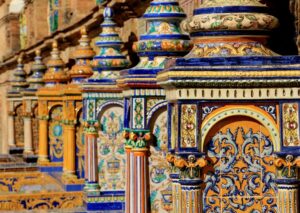


Eating and Drinking Your Way Through Madrid: A Foodie’s Guide

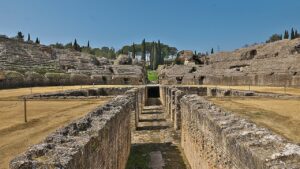
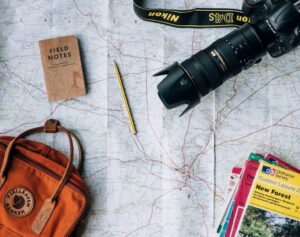
The Best Day Trips from Seville: A Traveler’s Guide

Seville: A Foodie’s Paradise
Get the best Travel recommendations straight to your inbox with our Newsletter!
Get the best travel recommendations, straight to your inbox with our newsletter!
Related Posts
Recent Posts

The Wonders of Romania’s Ancient City: Cluj-Napoca

Exploring the Fascinating Streets of Rotterdam

Discovering the Enchantment of Bruges


A Delightful Getaway: Visiting Bruges








